Marine Science
Watching fish adapt to climate change
A coral reef fish can acclimate to warm temperatures in just two generations.
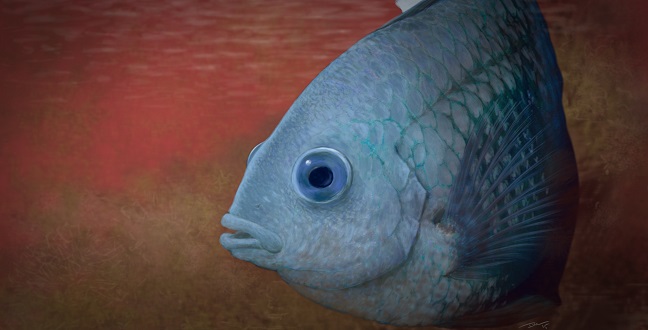

The spiny damselfish Acanthochromis polyacanthus acclimates rapidly to warmer seas.
© 2015 KAUST
Fish may be better able to cope with warming seas than previously assumed if the surprising results of experiments on a coral reef species apply more generally.
Timothy Ravasi and Michael Berumen of KAUST’s Division of Biological and Environmental Science and Engineering wondered how the common reef fish, Acanthochromis polyacanthus, would cope with the rises in water temperature that may result from climate change1.
Collaborating with researchers from the ARC Centre of Excellence for Coral Reef Studies at James Cook University in Australia, they compared the offspring of fish in two situations: “developmental” and “trans-generational”. The former were reared in water that was either 1.5 or 3 degrees Celsuis warmer than the usual optimum temperature straight after hatching. The trans-generational group, however, consisted of fish whose parents had also been exposed to the higher temperatures from the time they had hatched.
Sufficient oxygen to meet energy demands, especially when active, is a challenge for fish in warmer waters. Specifically, higher temperatures reduce the fish’s “aerobic scope”: the difference between its resting and maximum metabolic rates.
Unsurprisingly, the aerobic scope of the “developmental” group fish, whose parents had not lived in warm waters, was significantly reduced. But surprisingly the trans-generational fish, whose parents had lived in warmer water, had a normal aerobic scope — they had acclimated to the temperature rise.
The team went on to look at the molecular mechanisms behind the acclimation. “The significance of this study is that we show the molecular changes that occur in these fish which enable them to adapt really fast — in just two generations,” says Ravasi.
The experiment is an example of non-genetic inheritance, a theory first proposed by Lamarck. One route for this is through epigenetic effects, Ravasi explains.
The KAUST team sequenced the transcriptomes (RNA) from cells in the fish’s livers to find which genes were being up- or down-regulated as a result of trans-generational exposure. Ravasi says they found 53 up- or down-regulated genes which are for pathways required by this particular fish to restore its aerobic scope. “Nearly two thirds of most highly up-regulated genes in the trans-generational group are concerned with lipid, protein and carbohydrate metabolism,” he adds.
Other up-regulated genes are involved in the immune and stress response, he explains, but surprisingly, heat-shock proteins were not affected. “This suggests that the mechanisms of long-term acclimation and short-term heat stress are different.”
References
- Veilleux, H. D., Ryu, T., Donelson, J. M., van Herwerden, L., Seridi, L. et al. Molecular processes of transgenerational acclimation to a warming ocean. Nature Climate Change 5, 1074–1078 (2015).| article
You might also like
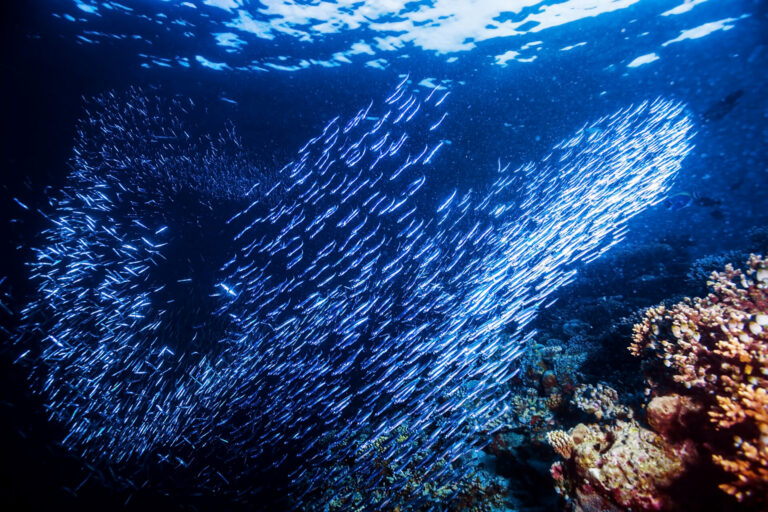
Marine Science
Potential gains from replenishing reef fish stocks revealed
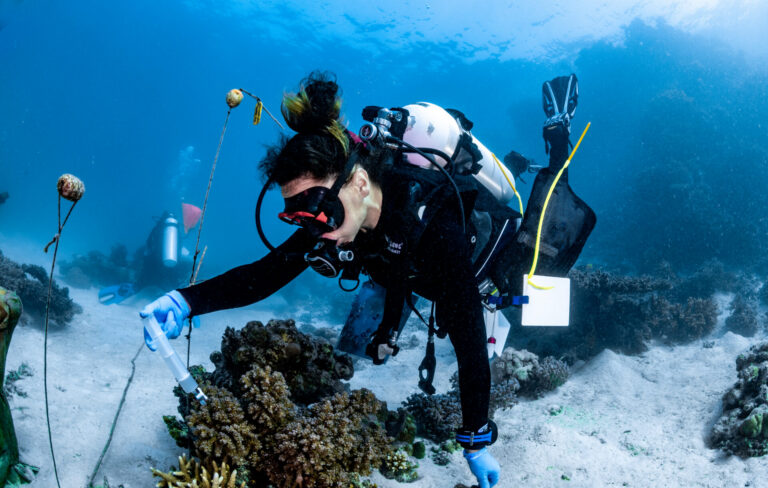
Marine Science
A place to trial hope for global reef restoration
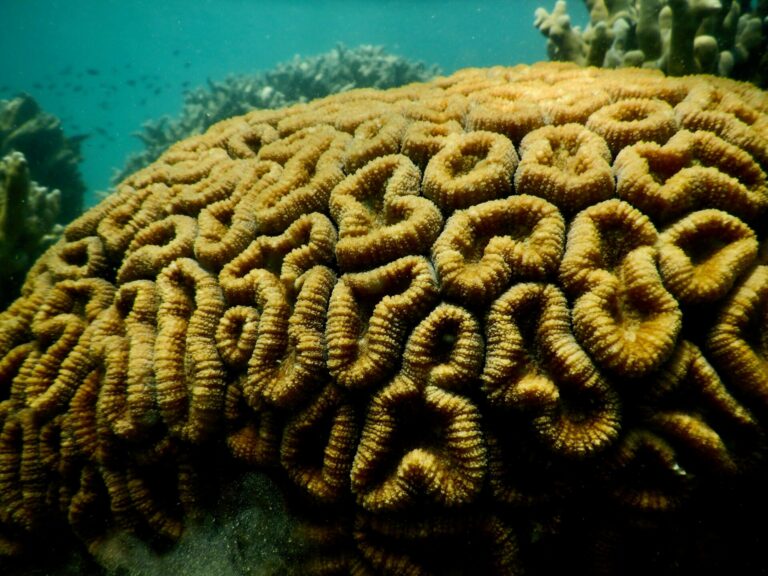
Marine Science
Reef-building coral shows signs of enhanced heat tolerance
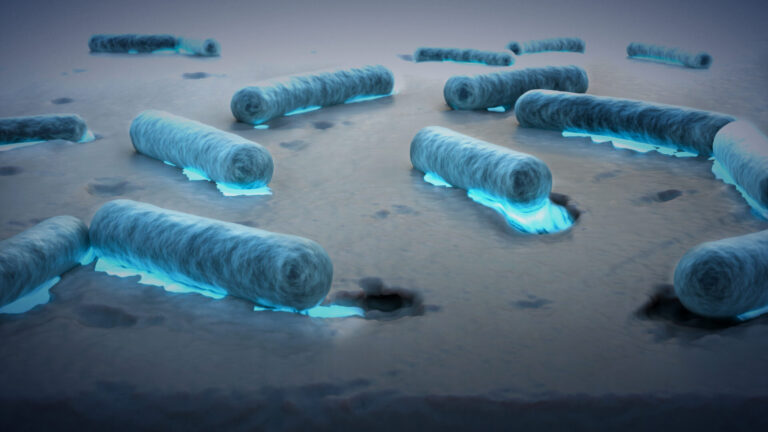
Marine Science
Plastic-munching bacteria found across the seven seas
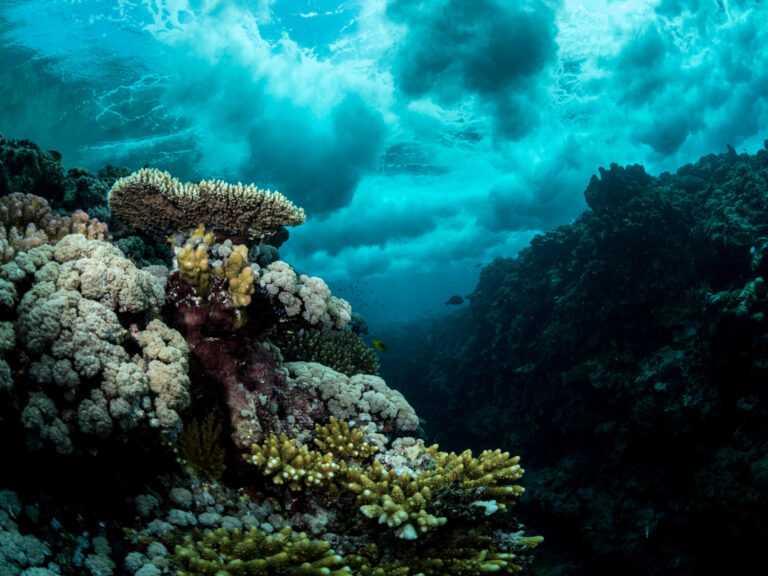
Marine Science
AI reveals the universal beauty of coral reef growth
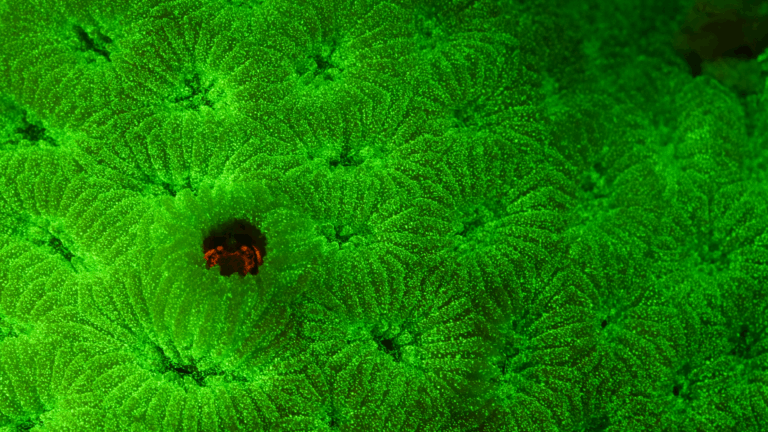
Marine Science
Tiny crabs glow to stay hidden
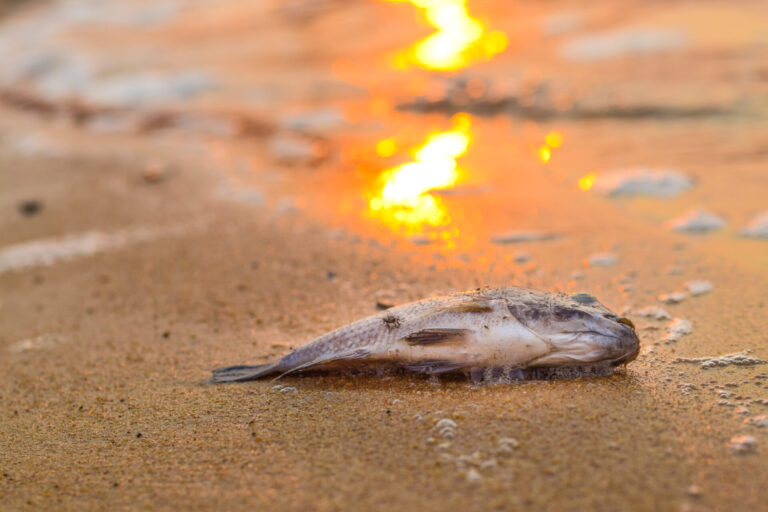
Marine Science
Mass fish deaths linked to extreme marine heatwave in Red Sea
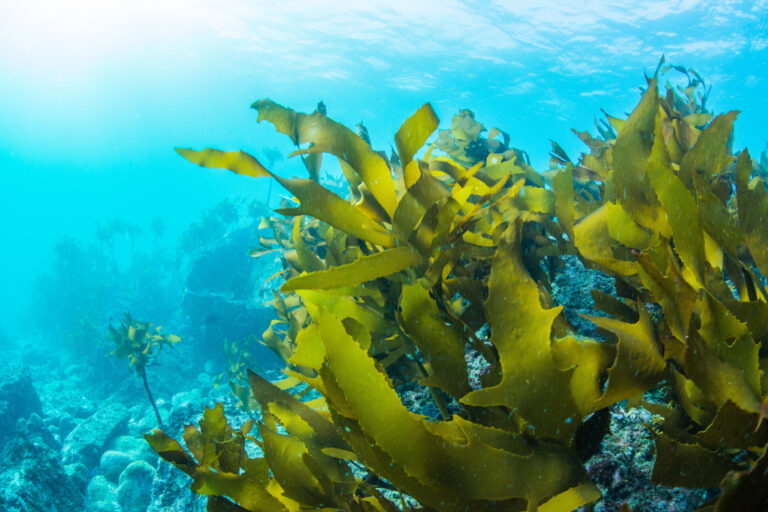
Marine Science



